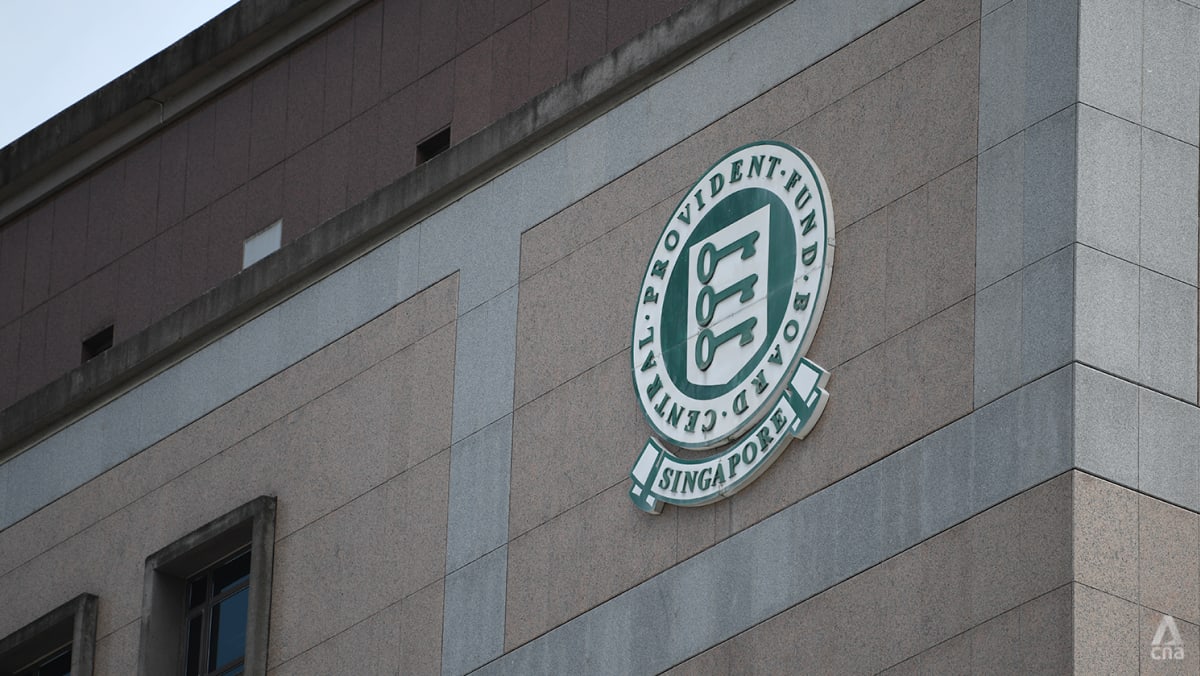PREVENTING SCAMS
Scammers impersonating government officials may cite personal information, such as names or NRIC numbers, to appear legitimate, said the CPF Board.
“Do not automatically trust someone just because they have your personal information,” it added.
“Scammers may also call your mobile phone or landline to claim that there are issues with your CPF or Singpass account, or alleged criminal activities such as money laundering associated with your account, and request personal details.”
If personal details are needed, CPF Board staff will use Singpass to verify members’ identities, it said.
Government officials will never ask people to transfer money, disclose bank login details, install mobile apps from unofficial app stores or transfer calls to the police.
CPF members aged 55 and above can enhance the security of their CPF savings by activating the CPF Withdrawal Lock, which disables online CPF withdrawals when they have no immediate plans to withdraw, the board said.
Those who are receiving CPF payouts into their personal bank accounts can consider activating the banks’ Money Lock to safeguard their bank savings.
“Members who suspect they have fallen prey to a scam involving their CPF savings should freeze their bank accounts, reset their Singpass password and activate the CPF Withdrawal Lock to disable online CPF withdrawals immediately,” the board said.
“They should also make a police report immediately and inform CPF Board.”
In 2024, at least S$1.1 billion (US$850 million) was lost to scams – a 70.6 per cent rise from 2023, according to the Singapore Police Force (SPF) annual statistics.
The total number of scam cases also rose by 10.6 per cent to 51,501 cases in 2024. Of these, self-effected transfers, where individuals willingly transferred money to scammers, accounted for 82.4 per cent last year.
Government officials’ impersonation scams also saw a “sharp increase”, with S$151.3 million lost.













